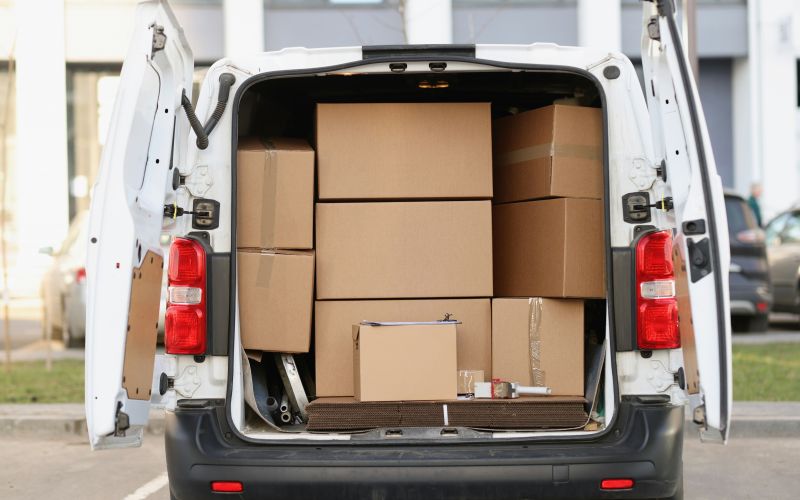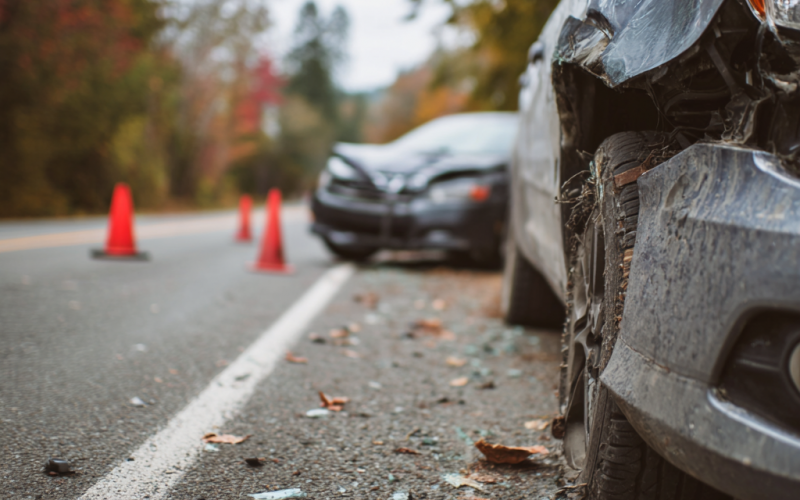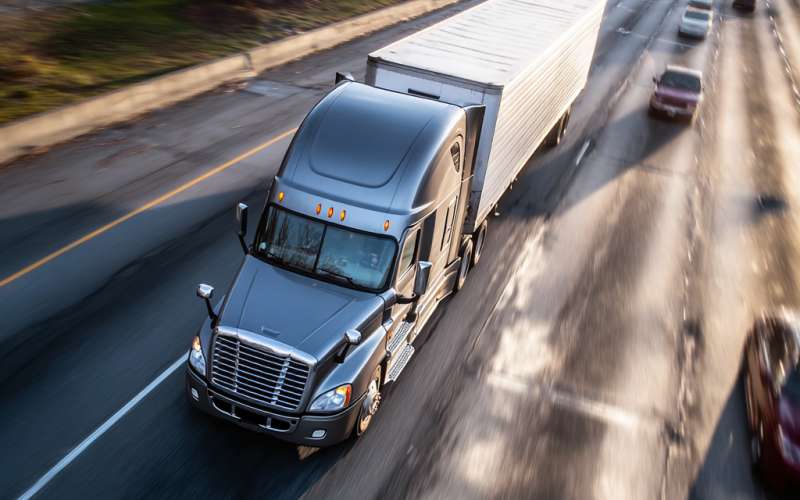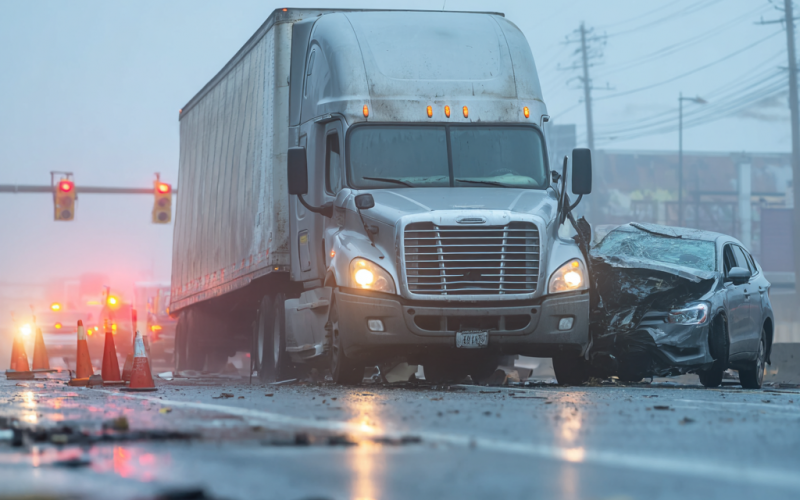Truck Accident Laws | Your Guide to Accountability and Recovery
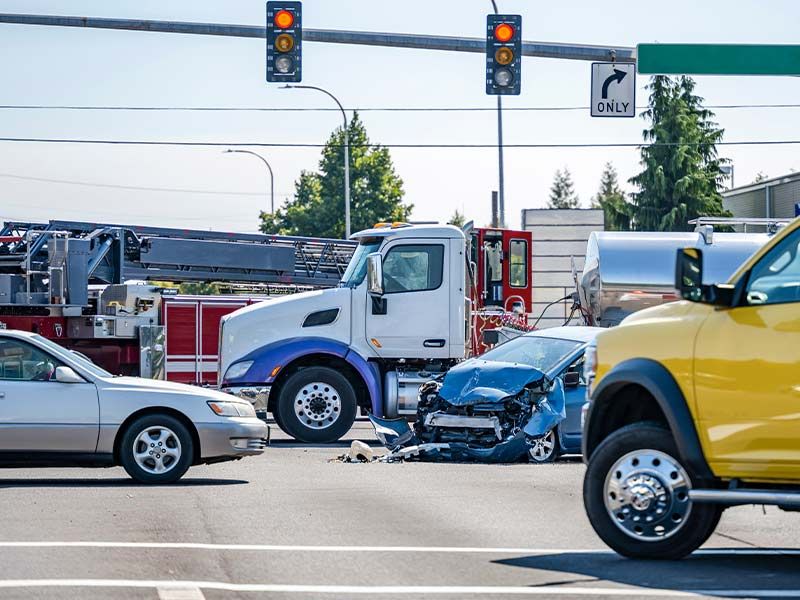


Key Takeaways
- Both federal and South Carolina laws apply to truck accidents, influencing who can be held accountable and how claims are filed.
- South Carolina’s modified comparative negligence rule may reduce or eliminate your compensation based on your share of fault.
- Multiple parties — from truck drivers to cargo loaders — may be liable, making legal experience essential to proving your case.
Truck accidents involve complex laws, powerful insurance companies, and high-stakes injuries. At HawkLaw, P.A., we help South Carolina crash victims identify all liable parties, gather critical evidence, and demand full compensation for their losses. When you’ve been hurt in a truck accident, our team is ready to fight back on your behalf.
Truck accidents involve 80,000lb motor vehicles, often traveling at a speed of over 60 miles per hour. They are loaded with heavy cargo, driven by fatigued drivers, and often lack good maintenance. That creates risks for you. Understanding the laws can help you know when it is time to turn to the truck accident lawyers at HawkLaw, P.A. for guidance in recovering fair compensation for your losses.
What South Carolina Laws Apply to Truck Accidents?
To know which laws apply in your situation, always consult with a South Carolina truck accident lawyer. What you may not know is that there are both federal and state laws applicable to most trucks on the road today. The following are some of the most important truck accident laws you should know.
Fault and Liability in SC
South Carolina is a fault state. That means that the party that causes an accident is financially responsible for the damages they cause to others. If a truck driver caused your accident because they violated the law in some way, the truck driver is responsible for the medical costs and other losses you have.
In a truck accident involving multiple vehicles, proving negligence is even more challenging. In these cases, it is critical to understand the role that each vehicle and driver played in the accident to ensure fault is accurately assessed.
Modified Comparative Negligence
You should also understand South Carolina’s modified comparative negligence standard. In some truck accidents, victims may be partially to blame for what occurred. However, victims can still pursue compensation for their losses. Each party will have a specific percentage of responsibility applied to their role in the accident. The compensation suffered by each party is reduced by the percentage of fault attributed to them. If you have more than 50% of the fault, you cannot recover your losses.
Statute of Limitations in SC Truck Accident Claims
A three-year statute of limitations applies to commercial truck accidents. Victims have no more than three years from the date of the accident to pursue legal action in a court of law against the at-fault party, or they could lose the right for the court to hear their case.
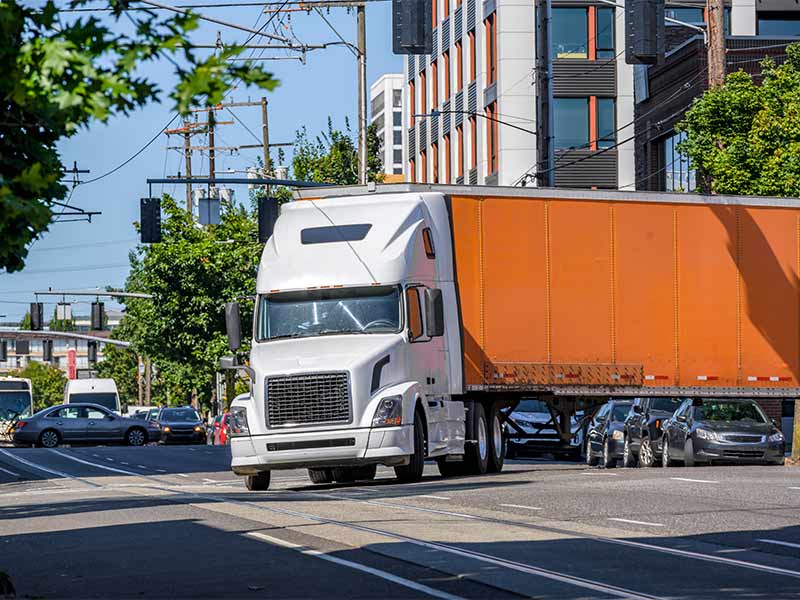
Which Federal Laws Could Affect a Truck Accident Case in South Carolina?
The Federal Motor Carrier Safety Administration (FMCSA) maintains a set of laws that all commercial truck drivers and trucking companies must follow across the country. There are numerous laws that a truck driver and a truck company must abide by to avoid regulatory action:
- Hours-of-Service (HOS) Rules
- Commercial Driver’s License (CDL) Requirements
- Drug and Alcohol Testing Regulations
- Vehicle Inspection, Repair, and Maintenance Rules
- Weight and Load Limit Regulations
- Cargo Securement Standards
- Electronic Logging Device (ELD) Mandate
- Minimum Insurance Requirements
- Driver Qualification Standards
- Hazardous Materials (HAZMAT) Regulations
- Recordkeeping and Logbook Requirements
What You Should Know About Hours of Service
Many commercial truck accidents happen because truckers are tired. Operating a tractor-trailer across thousands of miles of roadways each week is monotonous work. To minimize risks, the FMCSA put in place an Hours of Service rule. This law requires property-carrying drivers to meet these requirements:
- 11-hour driving limit: The driver may drive no more than 11 hours after they have 10 consecutive hours off duty.
- 14-hour limit: Drivers may not drive beyond the 14th consecutive hour after coming on duty, or after 10 consecutive hours off duty. The off-duty time does not extend the 14-hour period.
- 30-minute driving break: Drivers must take a 30-minute break when they have driven for 8 cumulative hours without at least a 30-minute interruption.
- 60/70 rule: A driver cannot drive after 60/70 hours on duty in 7/8 consecutive days. A driver may restart a 7/8 consecutive day period after taking 34 or more consecutive hours off duty.
- Sleeper berth provision: Drivers may split their 10-hour off-duty period, as long as one off-duty period is at least two hours long and the other involves at least 7 consecutive hours spent in the sleeper berth.
- Adverse driving: Drivers can extend the 11-hour maximum driving limit and 14-hour driving window by up to 2 hours when adverse driving conditions are encountered.
As truck accident lawyers, we can tell you that it is challenging for truckers to maintain these rules and demonstrate compliance consistently. However, personal injuries are higher when drivers are tired behind the wheel.
Federal Rules About Impairment
Truck drivers must be free from the use of alcohol or drugs while operating a vehicle. A driver who fails a test given to them may lose their commercial driver’s privileges, and the trucking company could be held responsible for the injuries caused.
This applies to alcohol and drugs like marijuana. If a driver used a substance, legally or not, in one area and then caused an accident in another state, they could be held accountable if there is still evidence of the substance in their system when tested.
How Insurance Is Different for Commercial Vehicles
Federal truck law requires truck drivers and trucking companies to carry specific types (and amounts) of insurance. They must carry a specific amount of liability coverage based on the type of vehicle they operate. For non-hazardous property, for example, trucking companies must maintain at least $750,000 in liability protection. If the vehicle involves hazardous materials, depending on the scope, it may be required to maintain $5 million in coverage.
When you file a truck accident claim, you should be able to trust that your financial losses will be covered. That is possible when trucking companies maintain adequate insurance to meet the risks they pose.
Reporting Laws for Truck Accidents
If you are a truck accident victim, call the police to respond to the scene of the accident. This protects you, the victim, and ensures that data is collected about what happened and who is responsible.
Under the law, truck drivers are required to report any accidents to the motor carrier with which they work. The motor carrier is required, under federal accident law, to report accidents to the FMCSA, which will investigate to determine if any regulations were violated.
As the victim, it is always advisable to call the authorities to report the accident scene, as this protects your rights and documents what occurred. If you find later that accidents involving a commercial truck were not reported, be sure to contact your truck accident attorney to discuss your rights.
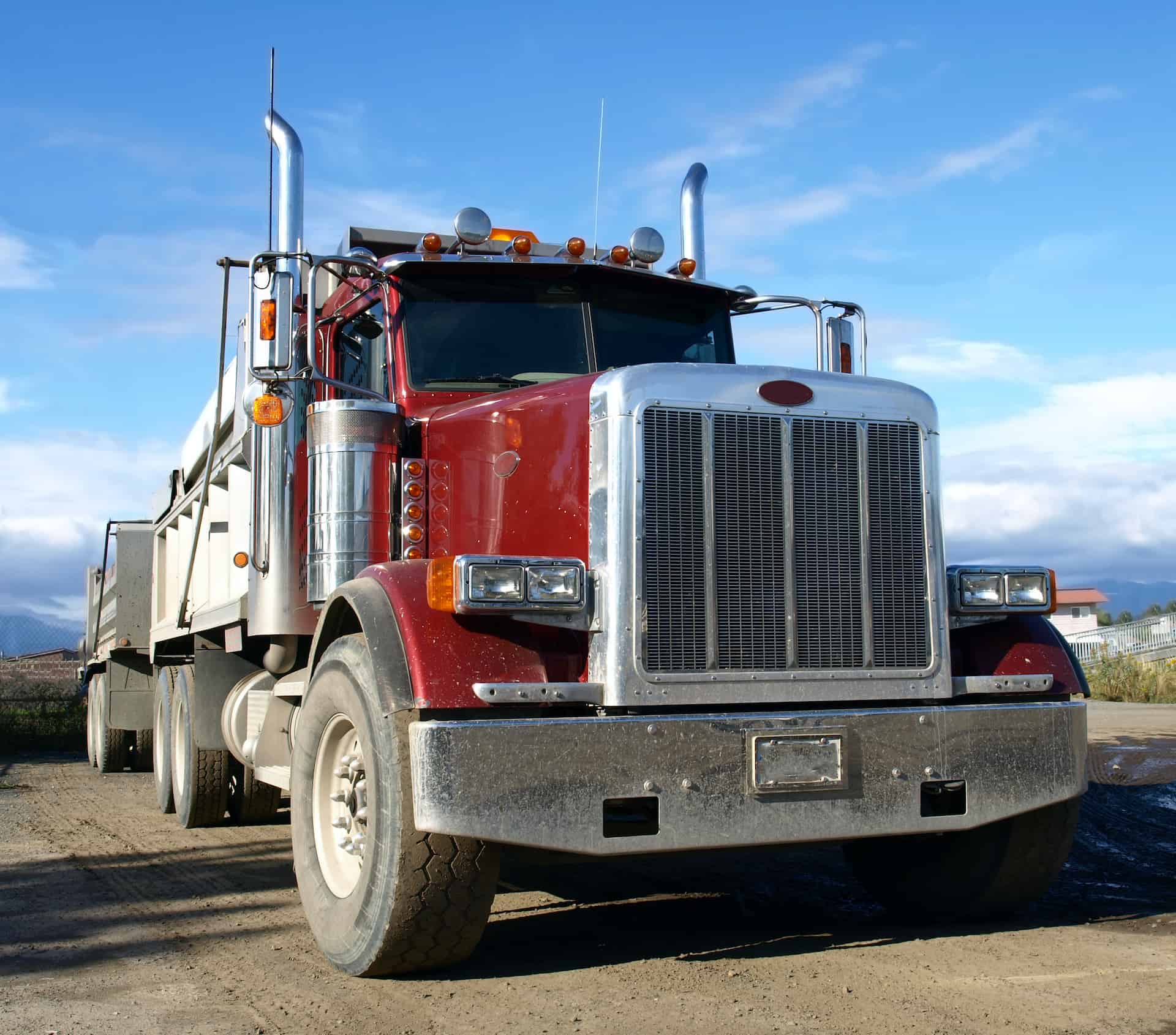
Who Can Be Held Accountable in a South Carolina Truck Accident?
- The truck driver: The driver is responsible in situations where they are operating the vehicle recklessly, intoxicated, or aggressively.
- The trucking company: Truck companies must maintain vehicle repair and maintenance logs, Hours of Service logs for drivers working with them, and driver training and licensing verification. They are liable for their employees and potentially for contractors, depending on the nature of the agreement.
- Truck manufacturers: If you can demonstrate that the truck’s design or manufacturer was flawed and that caused the accident, the manufacturer could be held accountable
- Cargo loading companies: Companies using a third-party cargo loading company may task that company with ensuring safety. If they fail and cargo loss causes the accident, you can file a claim against the cargo company.
To file a claim against any party, you must demonstrate that they were responsible for your accident. You may be able to file a claim against the city or state, for example, if poor road conditions caused the accident. If a truck driver makes a wide turn that causes an accident, but the braking system also fails, the truck driver and the manufacturer could be held accountable.
How Truck Accident Claims Work in South Carolina
To recover damages and receive the compensation you deserve, your attorney must:
- Document all of the parties at fault
- Gather the evidence to back up claims of your injuries and losses
- File a claim with the insurance companies involved and answer their questions
- Negotiate fiercely for your rights
- File a lawsuit if necessary to pursue additional compensation
- Go to trial when necessary
Your attorney will work through this process comprehensively. There are several components they will focus on.
Dashcams, Black Boxes, and Other Potential Evidence
Evidence makes it hard for insurance companies to deny claims. Dash camera footage, black box data, and witness statements help to demonstrate what took place and why.
What It Means to Negotiate With Insurers
Your attorney will evaluate your case, gather evidence and documentation of your losses, and then value your claim. They will write a demand letter to the at-fault party requesting them to pay you what they owe. It is not uncommon for insurance companies to negotiate terms and losses, often trying to reduce the financial impact. Your lawyer will handle this process for you.
Deciding to Go to Trial for a Truck Crash Case
Some of the most common injuries in truck accidents are those that will last a lifetime. You should never feel as if you have to settle your case for less than you are owed or will need for your care. At HawkLaw, we prepare every case for a possible trial so that we are ready to file a complaint if insurers won’t negotiate.
How to Choose the Best Truck Accident Lawyer for Your Case
Insurance companies want you to settle fast and for less. Truck companies just want to avoid fines and fees. You need the compensation owed to you so you can rebuild your life. With accidents involving truck drivers and companies, you want an experienced truck accident lawyer ready to fight for you. Look at our reviews, learn about previous truck accident settlements and verdicts we’ve obtained, and then schedule a free consultation* to see how we can help.
HawkLaw, P.A. Protects You After a Truck Accident
Before you file a truck accident claim, talk to HawkLaw, P.A. Our legal team is here to fight for you. Fill out our contact form now. We serve clients in Anderson*, Greenville, Spartanburg, Charleston, and Columbia.
*Our Anderson office is by appointment only. Cases are largely handled out of our Greenville office.
John D. Hawkins
John Hawkins is the Founder and CEO of HawkLaw He has been licensed to practice law in South Carolina since his graduation with honors in 1994 from the University of South Carolina School of Law, where he was on the Law Review and Order of Wig and Robe.
-
$3,000,000*
Trucking Accident Settlement
-
$1,005,000*
Car Accident Settlement
-
$575,000*
Personal Injury Settlement
"*" indicates required fields






